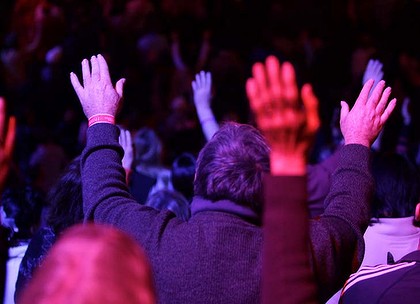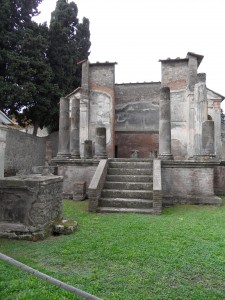Did you know that the fastest growth among the Christian denominations in Australia today is happening in the Pentecostal and Charismatic Protestant Churches?
One of the defining characteristics of Pentecostal and Charismatic Christianity is the phenomenon of speaking in strange languages. It is believed that this is a miraculous gift from the Holy Spirit, that it continues a practice of the Apostles themselves, and that it is even a sign of God’s favour. People who speak in tongues consider it to be an experience of connecting with God, a superior form of prayer in fact. Some will even go so far as to say that Christians who do not speak in tongues are seriously deficient as Christians
All of these beliefs are highly suspect. But don’t take my word for it; read the evidence and make up your own mind. You will find some detailed research here which I will try to summarise briefly below.
Firstly, if speaking in tongues were truly a gift of the Holy Spirit, one would expect it to be unique to those who believe in the Christian concept of the Holy Spirit. But in reality, speaking in tongues or glossolalia was not only practiced by pagan cults well before Christianity began, but continues to practiced by non-Christians today, including Hindu fakirs and gurus in India and even, worryingly, by voodoo practitioners in Haiti. There is no doubt that pagans began speaking in tongues long before Christianity began, and there is compelling evidence that the practice was smuggled into Christian life by pagan converts to Christianity.
But didn’t the disciples speak in tongues? Here we must make an important distinction, one you will have already noticed if you have been reading your Bible carefully. Continue reading “Speaking in Tongues (Glossolalia)”




.jpg/220px-Chuck_Kennedy_-_The_Official_White_House_Photostream_-_P060409CK-0199_(pd).jpg)




